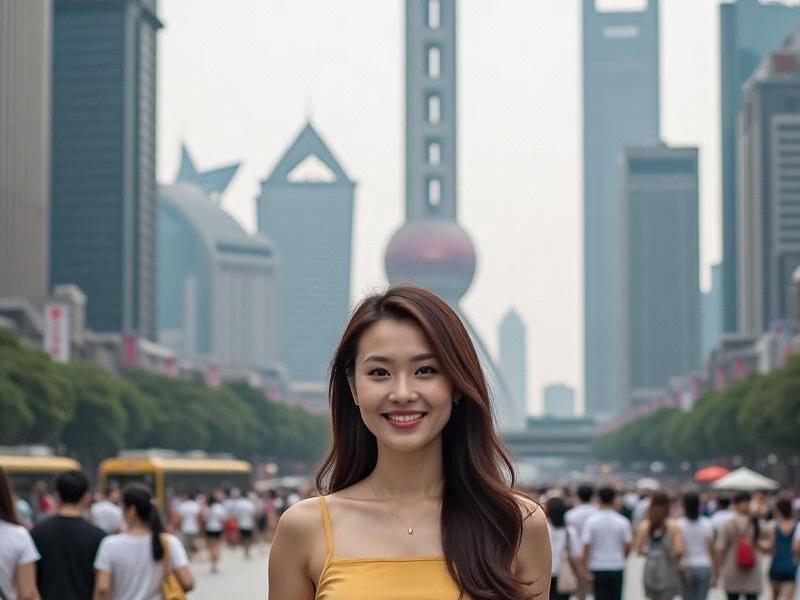This 2,100-word feature examines how Shanghai's unique history and global positioning have created a distinctive breed of Chinese women who blend traditional values with modern ambition.

The morning rush hour in Shanghai tells a story of feminine transformation. Along Metro Line 2, university students in designer sneakers swipe through Bloomberg updates while office veterans in Diane von Furstenberg wrap dresses critique WeChat stock tips. This is the new face of Shanghai womanhood - where centuries of tradition dance with cutting-edge modernity.
Historical Roots of Shanghai Femininity
The Shanghainese feminine ideal traces back to the 1840s when the city became a treaty port. "Shanghai women developed hybrid identities earlier than other Chinese women," notes historian Professor Chen Wei from Fudan University. "They became cultural negotiators between East and West."
By the 1920s, Shanghai's "modern girls" (摩登女郎) were smoking cigarettes in jazz clubs while still observing Confucian family duties. This duality persists today in what sociologists call "the Shanghai compromise" - maintaining traditional filial piety while pursuing global careers.
The Education Revolution
Shanghai leads China in female educational attainment:
爱上海同城419 • 72% of women aged 25-34 hold tertiary degrees (vs 58% nationally)
• 47% of STEM graduates are female (highest in China)
• 68% of women report pursuing continuous education post-graduation
"Education is the new dowry," explains HR director Fiona Zhang at a multinational firm. "Shanghai mothers invest more in daughters' education than jewelry."
Fashion as Cultural Statement
Shanghai's fashion scene reveals social stratification:
上海夜网论坛 1. Lujiazui bankers: Power suits with qipao-inspired necklines
2. French Concession creatives: Sustainable fashion with vintage elements
3. Hongqiao expat wives: Couture-meets-streetwear hybrids
Luxury consultant Marie Claire Dubois observes: "Shanghai women treat fashion like intellectual property - they remix Western brands with Chinese elements to crteeasomething uniquely theirs."
The Marriage Paradox
Despite progressive attitudes, traditional pressures persist:
上海喝茶群vx • Average marriage age: 30.2 (national average 27.1)
• 38% of professional women report parental pressure to marry
• "Leftover women" stigma remains, though weakening among Gen Z
Dating coach William Zhao notes: "Shanghai women want partners who respect their careers but still value family - it's a delicate balance."
The Future of Shanghai Femininity
As Shanghai positions itself as a global innovation hub, its women lead the charge. Tech entrepreneur Jessica Wen, 29, embodies this: "My grandmother couldn't read. My mother worked a factory line. I'm building AI solutions for Fortune 500 companies."
The Shanghai woman's journey mirrors China's own transformation - honoring roots while reaching boldly into the future. As the city skyline twinkles at night, its women continue writing their remarkable story - one perfectly balanced step between tradition and progress at a time.